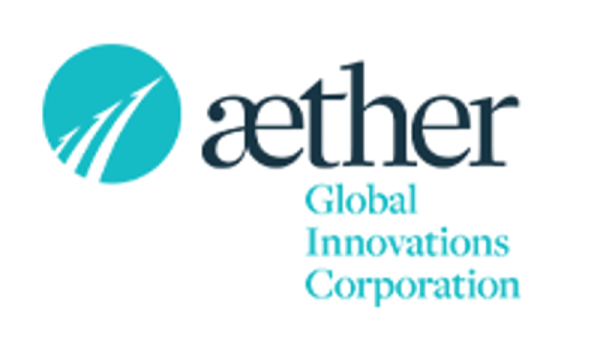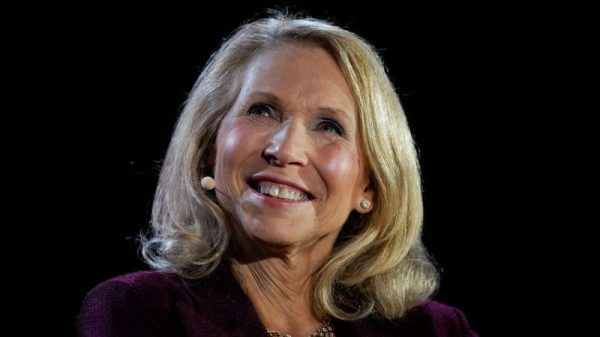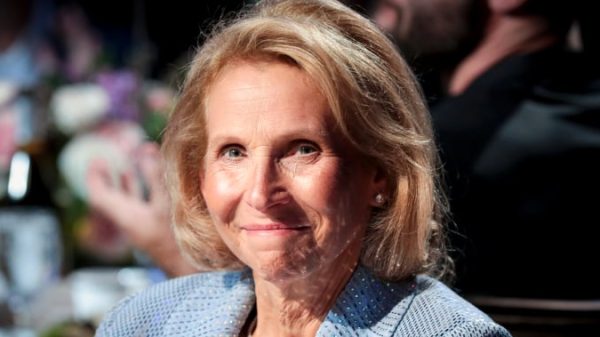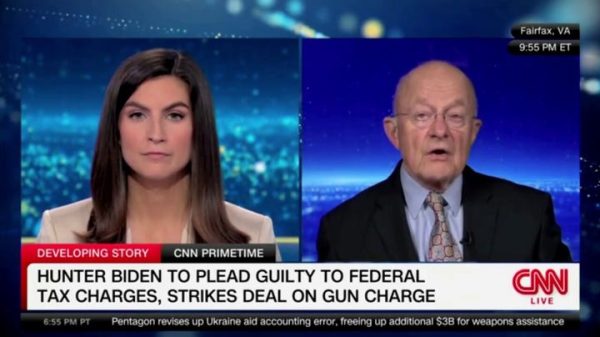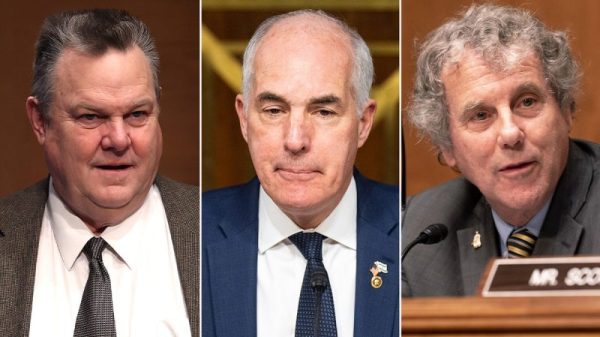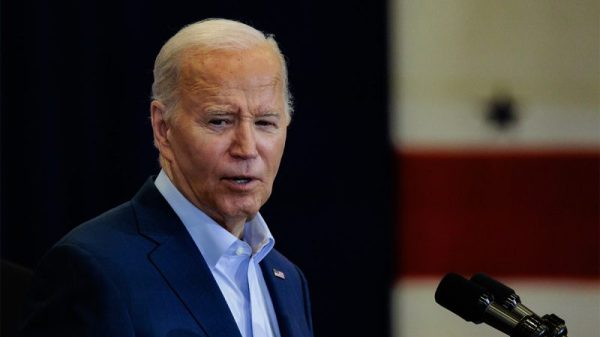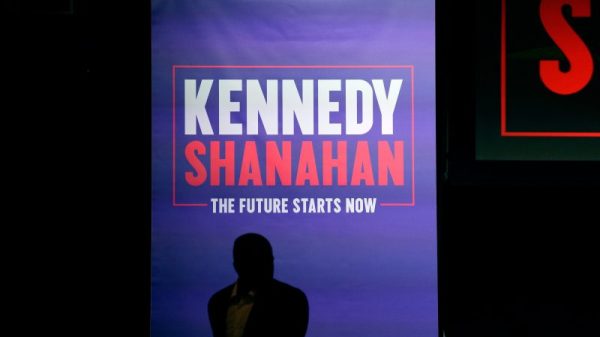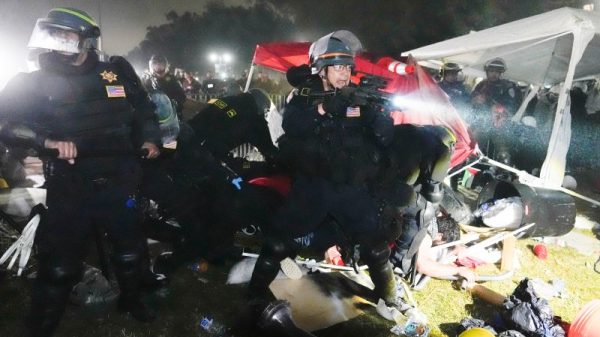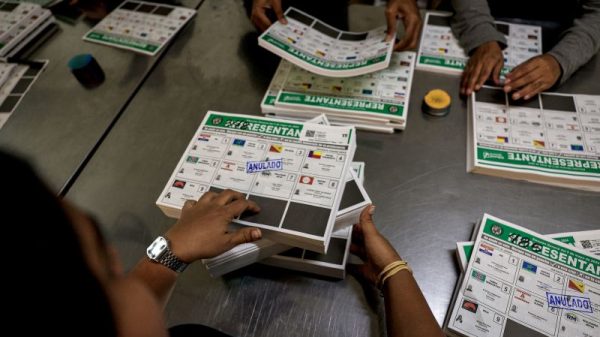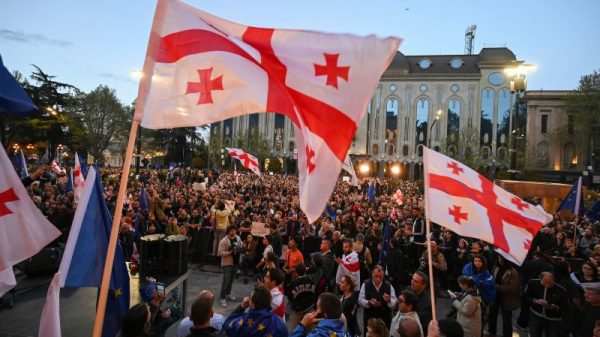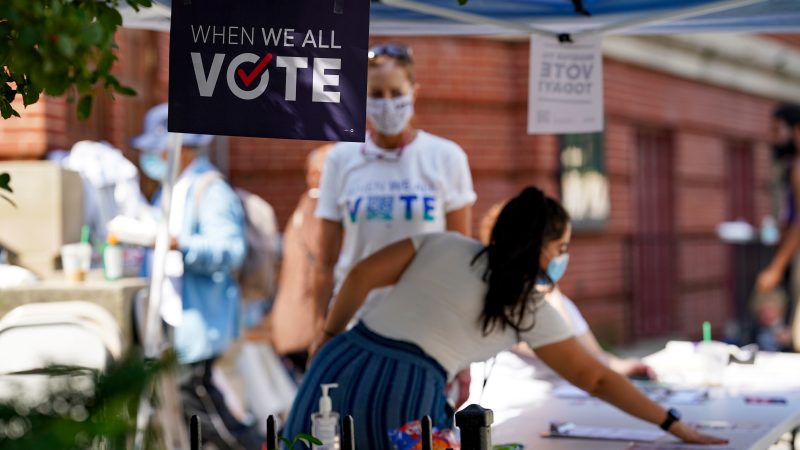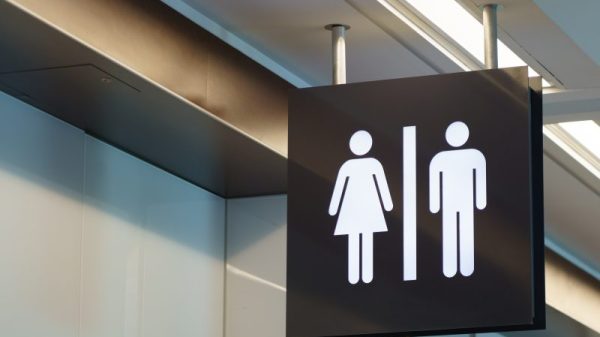A confidential memo circulated among top Democratic donors has sparked a furious debate in Democratic circles about whether to narrow the focus of voter registration efforts to avoid signing up likely Republicans.
For decades, nonpartisan groups allied with the Democratic Party have run wide-ranging efforts aimed at increasing voter registration among people of color and young people — groups that tend to lean Democratic but have historically voted at lower rates than older and White people.
In recent years, however, there has been a marked shift among the roughly one in five citizens of voting age who are unregistered toward Republicans, raising fresh questions about how much boosting nonpartisan voter registration could help presumptive GOP nominee Donald Trump heading into November.
Aaron Strauss, an influential data scientist who helps direct progressive spending at the firm OpenLabs, sparked private disagreements over this issue in January when he sent about a dozen major Democratic donors a confidential memo that challenged traditional nonpartisan registration.
“Indeed, if we were to blindly register nonvoters and get them on the rolls, we would be distinctly aiding Trump’s quest for a personal dictatorship,” Strauss argued in the memo, which was obtained by The Washington Post and cited recent polling that showed Trump’s strength among unregistered voters.
He also warned that efforts to gain Democratic votes among younger and non-Black people of color were often expensive — costing more than $1,200 per net vote in 2020, by one estimate — because the groups now include so many non-Democrats. Among voters of color, he wrote that “only African American registration is clearly a prime opportunity,” adding that netting Democratic voters among Black people cost approximately $575 per vote in 2020.
He called on donors to nonpartisan nonprofits to also donate to political groups that focus voter registration spending on “specific, heavily pro-Biden populations” like Black Americans, while using more targeted techniques among other groups to filter out likely Trump supporters. Campaigns, parties or super PACs can more directly target who they try to register. They frequently hire canvassers who wear candidate or issue-focused clothing or use other messaging to attract their voters and repel others.
The Strauss memo has since circulated widely in Democratic circles, sparking backlash from advocates of broader registration efforts among minority groups which historically join the voter rolls at lower rates that White people. Democrats since the 1960s, including President Biden in an early executive order, have made eliminating disparities in voter registration a policy goal.
“If you’d ask me what keeps me up at night, it’s not that young people of color are going to defect to the Republican camp. My worst case scenario is that memos like this create a disinvestment — and that makes our job very hard,” said Maria Teresa Kumar, president and CEO of Voto Latino, the largest Latino voter registration group in the United States, which does work both as a tax-exempt nonprofit and as a social-welfare nonprofit.
She called the memo an example of “implicit bias that the mainstream folks have internalized,” arguing that Strauss was overestimating the amount that young voters and voters of color are shifting to the right. “It does a disservice because it’s trying to pit communities against each other in ways that are not helpful,” Kumar said.
Strauss, a former executive director for the Analyst Institute, another data-driven consulting effort that directs progressive spending, said in the memo that he was writing in his personal capacity. He declined to comment.
At the root of the conflict is a shift in the political preferences of nonregistered voters. Gallup found in 2016 that about 51 percent of those not registered to vote identify as Democrats or leaned Democratic, compared to 31 percent who identify as Republican or leaned Republican. Those numbers were largely consistent with findings from 2012.
But Gallup surveys in 2023 and 2024 have found the Democratic share of the nonregistered population has fallen to 42 percent, while the Republican share has risen to 40 percent. Another 2023 survey by the Pew Research Center found nonregistered voters favored Democrats over Republicans by margin of 45 percent to 37 percent.
Polls in recent months have regularly shown Biden polling below 2020 levels among Black and Latino voters. A recent Quinnipiac University poll found Biden pulling support from 60 percent of Black voters and 34 percent of Hispanic voters in a five way race with Trump and three third-party candidates. Exit polls in 2020 showed Biden winning 87 percent of the Black voter and 65 percent of the Latino vote.
The addition of potential independent contenders like Robert F. Kennedy Jr., who has tailored his appeal to people disaffected by the current political system, have added to the concern. A recent memo from Way To Win, a progressive donor advisory group, advised Democratic groups to focus more on partisan spending for voter registration and mobilization.
“For too long, many funders have relegated the work of mobilizing base constituencies, especially voters of color and young people, to nonpartisan programs,” the memo reads. “This will not work in 2024 with the threat that third-party presidential candidates like RJK Jr. pose.”
Jenifer Fernandez Ancona, the co-founder of Way to Win, said the group’s concerns first arose from shifts in minority voting that appeared after the 2020 election, though the group still believes there is a place for nonpartisan voter registration. “We thought it was really important to say that times have changed,” she said. “This is a different election and we can’t apply old thinking to it.
But the memo gets at the core of a broader debate within the party about how easy or difficult it might be to win back support among Black, Latino, Asian and young voters. The Biden campaign, for example, has largely operated on the assumption that current public polls which show alarming drops in support among base voters will shift over the coming months, a fact that could change the calculations for bulk voter registration.
Matt Barreto, a pollster who has been working with Biden’s team, has argued that simply using early candidate support or party preference polling can create a misleading picture of unregistered voters, since they favor Democratic policies on issues like gun regulation, climate change and abortion. Like many other Democrats, he expects support for Biden to rise considerably above where current public polling shows him with Black and Latino voters.
“From a nonpartisan perspective, we should help close the turnout gap, which means if Latinos, Blacks and Asian Americans are registered at lower rates, then we need to increase registration,” he said. “The unregistered people of color are still leaning Democratic. They might need more of a push. But they are not leaning in the opposite direction.”
The debate has little to do with how the Democratic Party or the Biden campaign plan to approach registration, which has always involved targeting aimed at filtering out likely Republican voters. During the 2012 cycle, the campaign of President Barack Obama ran experiments in Nevada to test the effect of having voter registration canvassers wear Obama campaign apparel compared with plain gray shirts.
The results found that efforts with Obama branding and messages did not reduce the overall productivity of the efforts and resulted in more net Democratic voters added to the rolls, according to a later report by the Analyst Institute. The campaign adopted entirely branded efforts for the final months of the 2012 campaign.
The Democratic National Committee has continued those efforts in recent years, pushing people to use the IWillVote.com portal before recent primaries and through state party efforts. That voter registration effort, overall, is just a small part of the broader effort by the party and the Biden campaign to turn out already registered voters.
“Eighty percent of Americans are already registered to vote. If Democrats want to win elections, they should spend more time and money making sure registered Democrats actually vote,” argues Debra Cleaver, the founder of nonpartisan voter registration efforts like Vote.org and VoteAmerica. “That’s the Republican strategy and it’s a winning one.”
But the party’s interest in voter registration — especially of voters who have recently turned 18 or moved to a new state — historically increases during presidential years, since the likelihood of turning out increases.
“An interesting fact is that the turnout rate in 2020 was the highest since the adoption of the secret ballot (circa 1900),” Strauss wrote in his donor memo. “This reality means that when we register voters they have a higher baseline of casting ballots, and thus voter registration is a relatively cost effective way to net new voters.”
Scott Clement contributed to this report.


